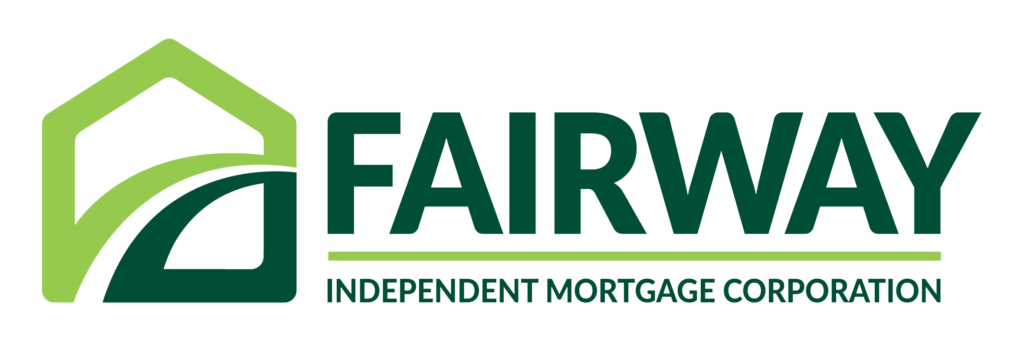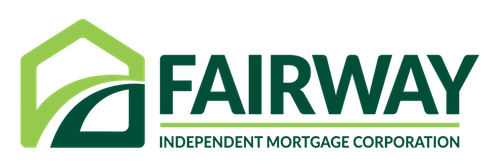Reverse Mortgage Loan Requirements

Retirement should be some of the best years of one’s life. If you are a homeowner who is in, or nearing, retirement, a reverse mortgage could be a smart option for you—one that provides you with greater financial flexibility today and well into the future.
These days, most, but not all, reverse mortgages are Home Equity Conversion Mortgages (HECMs), the only reverse mortgages insured by the Federal Housing Administration (FHA). Note: This article references only the HECM reverse mortgage product.
What is a Reverse Mortgage?
A reverse mortgage is a home-secured loan specifically for homeowners 62 and older that enables the borrower to convert a portion of the equity in their home into cash. The borrower can defer repayment of the loan so long as they live in the home as their primary residence and pay the property-related taxes, insurance, and general upkeep expenses.
Who Qualifies for a Reverse Mortgage?
Like any loan, with a reverse mortgage there are reverse mortgage qualifications and requirements that the prospective borrower must meet in order to qualify for the loan. Below are the key requirements.
Age
The borrower must be 62 or older. The reverse mortgage requirement for age is an important one to keep in mind. A borrower doesn’t become eligible to complete the reverse mortgage loan process until they officially turn 62 years old. (Note: Some lenders may allow the application process to begin a short time before that age milestone is reached.)
Home Ownership
The borrower must be the homeowner. Generally, the borrower must either own the home free and clear or have significant equity in the home. For a prospective borrower who does not have quite enough equity in their home to qualify for the loan, there is another option—they can bring the funds (the amount of home equity that they are short) to closing.
Residency
The home must be the borrower’s principal residence. In other words, the borrower must occupy their home for at least six months out of every year. The HECM program has an annual certification process in which the borrower must confirm that the home is still their primary residence.
Property Type
Here a list of the generally accepted property types for the HECM program:
- Single family residences
- Two- to four-unit properties, as long as the borrower occupies one unit
- Condos in HUD-approved condominium project
- Condos that qualify for single-unit approval (SUA)
- Modular homes
- Manufactured homes that meet FHA requirements
Credit
The borrower must meet minimum credit requirements*. Credit matters because the reverse mortgage must be a sustainable solution. Even though a reverse mortgage is a loan that doesn’t require monthly principal and interest payments, the borrower must have the ability to pay the ongoing property-related bills and dues, such as taxes and insurance. Failure to meet those mandatory obligations may cause the borrower to default on the mortgage.
That said, a reverse mortgage is generally easier for an older-adult homeowner to qualify for—as compared to a traditional forward mortgage, home equity line of credit, or home equity loan. With a reverse mortgage, there is no minimum credit score requirement; however, the lender will conduct a financial assessment of your credit history, property charge history, and monthly residual income when deciding whether to approve your loan.
Attend Financial Counseling Session
As part of reverse mortgage requirements, the borrower must attend a counseling session. The main objectives of the counseling session are to make sure you fully understand the loan program and to help you determine if it is a good fit for you. Counseling is conducted by U.S. Department of Housing and Urban Development (HUD)-approved independent third parties. The session can be done in person or over the phone.
All borrowers and co-borrowers must attend the session—and there are other situations where others must attend as well, such as a Power of Attorney for an incompetent borrower. The borrower’s family members are also encouraged to attend.
Let Fairway Help You in Your Discovery Journey
A reverse mortgage can be a great option to help you make the most of your retirement. If you believe that you (or someone you care about) meet the reverse mortgage requirements, then let’s start a conversation. And if you’re interested in learning how this product can help from numbers-wise, use our reverse mortgage calculator tool.
Our team of reverse mortgage specialists will be happy to fully explain the loan product to you, check your eligibility for it, and of course, answer any questions you may have.
*Although applicants don’t have to go through a traditional loan application process based on their credit scores and histories, they do have to undergo a financial “assessment” to verify their assets and liabilities and determine if the borrowers’ current financial situation is sustainable for the foreseeable future. The home in question must also be in reasonably good shape, and any urgent major repairs must be completed before the homeowner can receive the net reverse mortgage proceeds.

